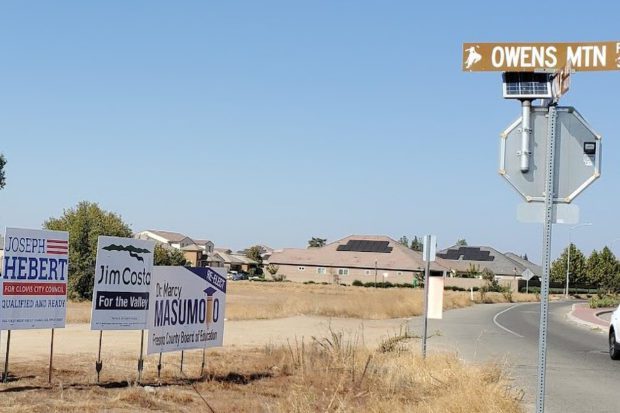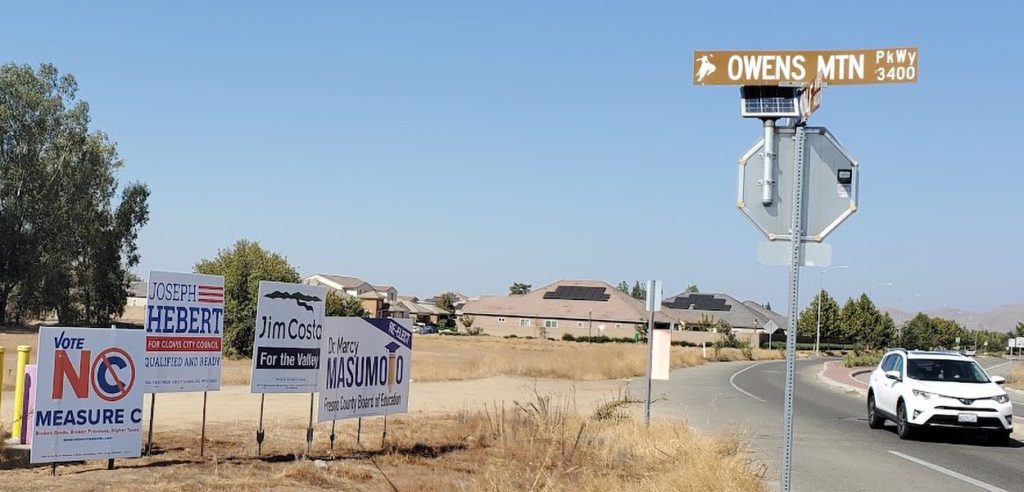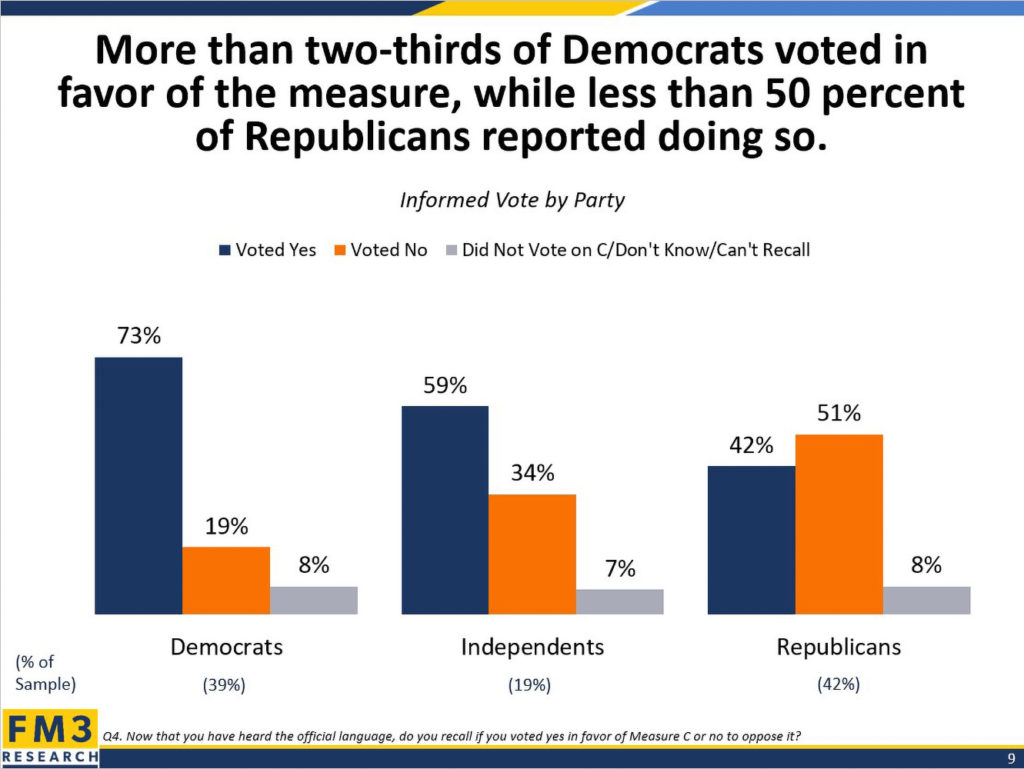

Shakespeare wrote in 1610, “What’s past is prologue.” Mark Twain observed 250 years later, “History doesn’t repeat itself but it often rhymes.” Both adages apply to last November’s failed effort to renew Measure C, the Fresno County sales tax dedicated to transportation.
Two decades apart and with a new cast of characters in place, the 2022 committee selection process, expenditure plan development, public outreach, malfunctioning committee, and eventual discord and defeat were a near repeat of 2002. The lessons of that prologue were clearly forgotten.
In both instances, the problem started at the top and played out like a bad limerick:
There once was a woman named Lynne
Who hated letting community in
Like Octavia before her
She said, “No facilitator”
Forcing advocates to block a Measure C win

In 2002, a renewal committee was formed by volunteers from the Fresno Chamber of Commerce with staff and politicians from the Fresno County Transportation Authority and the Fresno Council of Governments, a pair of powerful if little known public agencies. A coterie of special interests was assembled through private outreach. Advocates for alternative transportation modes, social equity and environmental justice were intentionally excluded and, initially, refused seats at the table.
It happened again in 2022. Twenty years ago, a conservative community leader named Octavia Diener ran the show; this time around it was a Clovis City Council member, Valley Children’s Hospital public relations executive Lynne Ashbeck. Both times advocates had to fight a very public battle to gain seats at the table, only to learn once there that backroom deals were being cut by politicians aided by top staffers.
The first lesson learned from the 2002 defeat was that in order to have a healthy discussion and ensure integrity in the committee process, neutral facilitation would be needed. After a cooling down period, professionals were hired, an inclusive process developed and the tax successfully renewed in 2006 with a more balanced spending plan in place. That lesson was soon forgotten.
Ironically, according to her comments in a committee meeting, Ashbeck joined the post-2002 rapprochement effort and was so impressed by the process that she went on to earn a certificate in facilitation from Fresno Pacific University. Like Diener before her, Ashbeck misjudged her ability to manage 30 people debating billions in transportation spending and will now have to step aside for the good of the community.

Also, 2022 echoed 2002 in another important way: The tax measure’s spending plan did not reflect voters’ priorities. People voted last time to fund road repair and it didn’t happen, so trust is low. More than six months after voters rejected the proposal, local elected leaders were finally presented with an analysis of the electorate at the May meeting of the transportation authority board. The bad news didn’t get better with age, especially for progressives.
If you’re worried about social inequity, air pollution and climate change and want to see local and state governments invest in a modern transportation system that addresses your concerns, then raise a glass and make a toast to Fresno County Republicans. You owe them one. They voted overwhelmingly against the old school, road-centric plan, according to a survey.
Then thank the community-based coalition led by Fresno Building Healthy Communities and Leadership Counsel for Justice and Accountability that emerged to oppose the 30-year measure as being too long and for its backers having used a rushed process that intentionally excluded the general public and lacked transparency. Their messaging to voters of every stripe ensured that people paying attention to the details knew this proposal was not worth supporting.
Apparently, most Democrats don’t pay attention. According to the survey and its 4% margin of error, the 2022 renewal measure was supported by an overwhelming majority of Democrats at 73%, 59% of Independents and 42% of Republicans. It needed greater than two-thirds voter approval to pass but fell far short with just 57% support overall.
First approved by voters in 1986 and renewed in 2006, the half-cent retail sales tax won’t expire until 2027. Negotiations are already under way between the two sides, meaning the next stanza in this poem of transportation planning is being written now. Here’s hoping it doesn’t rhyme.
